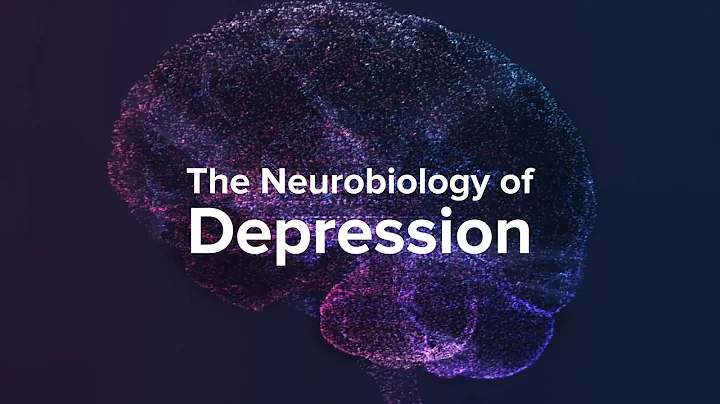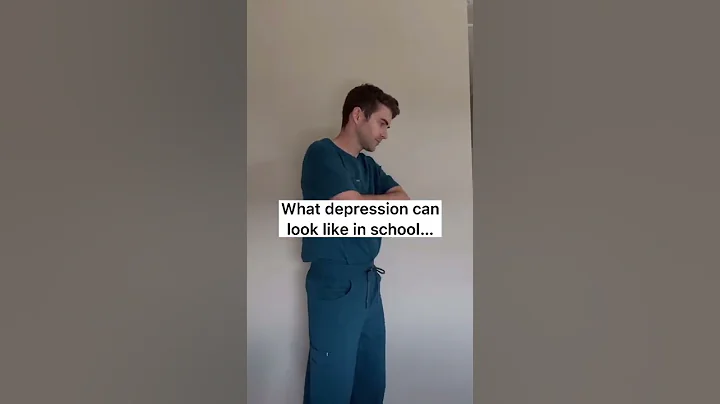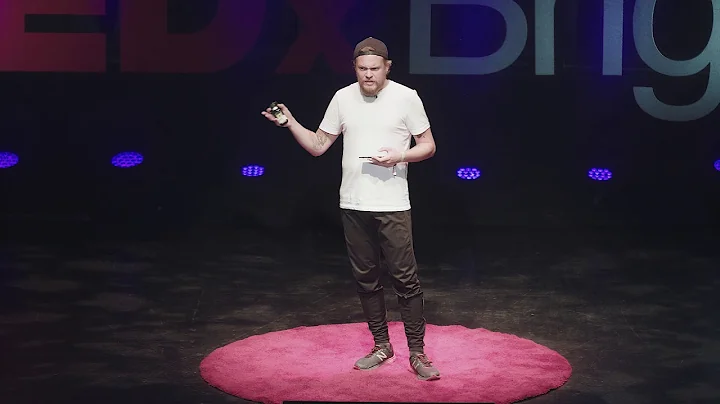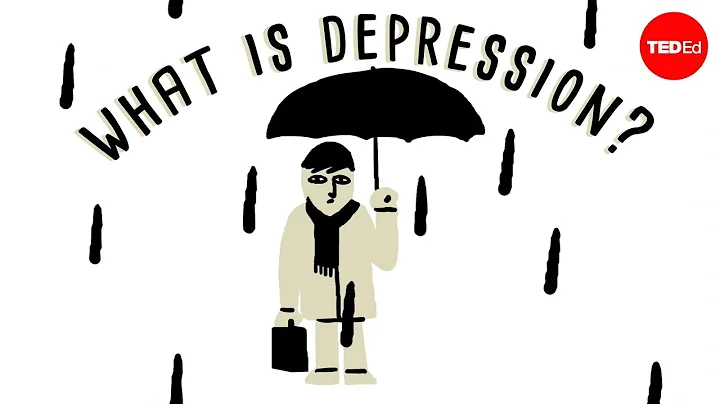Freud said: A science must contribute to human knowledge, and there is no need to force others to believe it. Believe it or not, it depends on the results. It can wait patiently to use its research results to attract everyone's attention.
In the process of psychological research, we will find many commonalities and characteristics of human beings, and we can also find some interesting patterns from them.
Many times we express our inner feelings through a subconscious reaction or expression.
Today we will share some interesting psychological facts.

 , The Burning Cauldron
, The Burning Cauldron
Scientists at the University of Pennsylvania studied volunteers' performance on a task and found that participants who considered a backup plan performed worse than those who did not.
Not only that, participants were less motivated when they realized they had other options.
In management psychology and behavioral science, there is a research called expectancy theory. This theory has a formula: Exciting power = expected value × valence.
In other words, the greater a person's grasp of the goal, the higher the estimated probability of reaching the goal, the stronger the motivation and the greater the enthusiasm.
To a large extent, the backup plan makes us think that we have another chance, so we often fail to give our best the first time.
Researchers say it's important to think ahead, but advise against getting too hung up on the details.
The more backup plans we have, the more likely we are to fail on our first attempt at the project.

, we tend to pay more attention to individual events
Such an experiment has been done abroad:
Researchers divided the people who participated in charity donations into three groups. The staff showed the first group of people a little girl who was skinny because of hunger;
then showed the second group of people a set of statistics showing that millions of people die of hunger around the world every year; and finally showed the third group of people the little girl and the same set of data.
The results found that the second group of people donated the least amount, followed by the third group, and the first group that donated the most amount was twice as much as the other groups.
Through this research, we found that people tend to be relatively indifferent to difficulties that they cannot control; but for facts that they can change, they often make decisions beyond their imagination.

, first and last are always impressive
Do you still remember the names of the students with average grades in your class?
Then do you still remember the names of the classmates who are first and last in your class? ?
Obviously, the first and last will always leave a deeper impression on us, while those with average grades, average appearance, and average performance are often ignored by us.
This psychological effect can also be used when dating the opposite sex.
If we want to leave a deep impression on the other party, then we can give the other party some unexpected surprises at the beginning or at the end of the date, then the other party will often be deeply impressed by the date.
In human neuroscience there is a very similar theoretical basis for this called: the serial position effect.
That is, when we try to recall something, the beginning or end is often recalled first, while the middle part will be very blurry.

 , Negativity Bias
, Negativity Bias
You may have heard the term "negativity bias." Negativity bias refers to the fact that people are more sensitive to negative information than positive information.
For example, I have a personal question: I have good news and bad news, which one do you choose to hear first?
At this time, most people will choose to hear the bad news first.
It’s not that we are so curious about bad news, but we subconsciously believe that if we hear the “good news” first, then we will be a little disappointed after hearing the “bad news”;
If we hear the “bad news” first , and the "good news" that follows can give people some comfort.
In life, we often need more positive emotions and events to offset the impact of a negative event on us.

 , it always tastes better to eat food cooked by others
, it always tastes better to eat food cooked by others
This is especially obvious for my wife.
Every time she cooks, she will focus on making some food that she likes to eat, but when the food is on the table, her interest in food has dropped a lot.
She also often complained that she still had a good appetite when cooking, but after finishing the meal, she lost interest.
In fact, this is mainly because when we are preparing to do something, our emotions and various body functions are mobilized;
However, when we complete something or after a relatively long period of time, our emotions vary. aspects will all decline.
At this time, we will become less active in the things we were interested in before.
This mentality is very similar to the "wait three minutes" when eating instant noodles.

 , Cute Aggression
, Cute Aggression
You may be a little unfamiliar with this word, but you may have made such mistakes in real life.
When you see a chubby child or a chubby little animal, what is your subconscious reaction?
Do you always want to knead their faces or little heads?
Oriana Aragon, a psychology expert at Yale University , said:
"This is because when we see "cute things", our positive emotions will be greatly aroused. This is what our brains use to balance this positive emotion. Mechanism, especially when we feel extremely happy, we need negative emotions to offset it in order to achieve emotional balance. "
So many times, our seemingly inadvertent actions are actually a little bit of aggression. Sex, but as long as we grasp the scale well, it will not affect our lives.

 , confirmation bias
, confirmation bias
Confirmation bias, also known as confirmation bias. It is a one-sided interpretation in which individuals selectively recall and collect favorable information and ignore unfavorable or contradictory information to support their existing ideas.
This kind of behavior often leads us to the extreme of self-awareness. It is not very beneficial to the development of personal career, and it is also easy for ourselves to fall into the illusion of feeling good about ourselves.
There is this sentence written in "The Biography of Darwin":
Whenever I encounter new facts or ideas in newspapers and magazines that are contrary to my general conclusions, I immediately summarize them truthfully; because I am convinced that this type of fact and ideas are far more easily forgotten than those things that suit my own heart. Owing to this habit, I rarely encounter objections to my views which I had not previously noticed or attempted to answer.
In fact, it is more than just these. This kind of confirmation bias often causes trouble in our interpersonal communication.
There is an example of this in " Lu Shi Chun Qiu ":
Once upon a time, a man lost an axe. He suspected that the neighbor's son had stolen it. Observing the way the man walked, he looked like someone who stole the axe;
Looking at that man's face, he looked like someone who stole an axe;
Everything he said, every move, and every move he made looked like someone who stole an axe.
Later, when the man who lost the ax was digging a ditch in the valley, he dug out the ax. When he looked at the neighbor's son carefully, he felt that the way he walked did not look like someone who stole the axe;
His face and expression, He didn't look like an ax thief; his words and words didn't look like an ax thief. Everything he said, did, and did didn't look like an ax thief.
Confirmation bias often makes our views more conservative and one-sided, thereby ignoring a lot of key information.

8, memory is reconstruction rather than facts
Do we often think of some things, but in fact those things did not happen?
For example, we clearly remembered to take the keys when we went out, but when we came home, we found that the keys were not in the bag.
This is because when our brain recalls something, it is a reconstruction of something in the past. Even if we did not do it, the brain will automatically fill in the blanks.
mentioned in "Zimbardo General Psychology" :
People use memory fragments to fill in the gaps in their memory when reconstructing an event (idea, emotion, or image) as if we remembered it, and Not the actual circumstances of the event itself.
Most of the time, memory reconstruction goes so smoothly that you don't realize how much of the memory is actually the result of reconstruction.
Therefore, in criminal investigation cases, the confessions of witnesses are often the least legally binding, because everyone is convinced of their own memories, but they are not necessarily the facts.

9, Rosenthal effect
Harvard University once did such an experiment:
The professor told the teacher that the students in group A are very smart, and their IQs will be greatly improved after one year; and B This group of students is relatively ordinary and will not change much after one year.
In fact, these two groups of students were randomly assigned.
As a result, one year later, the professor found that the average IQ of the students in Group A had really improved significantly, while the students in Group B had not changed significantly.
In fact, this is a kind of social psychological effect , which refers to the fact that teachers' earnest hope for students can achieve the desired effect dramatically.
This psychological effect helps us play a very important role in the education of our children.
Praise, trust and expectation have a kind of energy that can change people's behavior.

Conclusion:
Autopsychologist Basik said:
No one can really solve another person's problems. What works for me, or for other patients, may not solve the problem of another person facing a similar dilemma. My job is to help people and solve their problems in a way that suits them, because everyone's life background and experience are unique. ”
In fact, any psychological technique is only aimed at a certain group of people and is not suitable for everyone.
We learn to understand them not to achieve great goals, but to make our lives richer and more exciting.





















